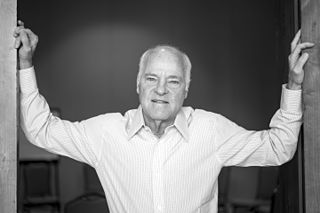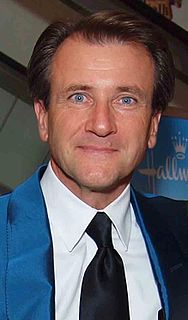A Quote by Henry Kravis
I thought at the time that I wanted to go into institutional sales, selling stocks and bonds to institutions. In those days, which was the 1960s, the institutional salesman was making about $100,000 a year. I thought that was just an enormous amount of money.
Related Quotes
I thought, you know, I can sit at home in my La-Z-Boy, on Facebook, and reach more people than I can on a tour. Because I reach 30,000 to 40,000 people for every Facebook post, some even reach 50,000 to 60,000. And I thought, if it's about reaching people, and not about making money, why bother touring?
I went door-to-door selling cable television subscriptions when I was in college. I found it incredibly difficult, doing that kind of sales work. I would have thought I'd be good at it, but I wasn't. It's so easy in acting. Everything falls into place when they write that you're a salesman. People just say yes, and then it's great.
We now have poured in an enormous amount of resources into cancer. The National Cancer Institute Project, you know, runs about $5 billion a year. That's a large amount of money, but let's not be grandiose about the amount of money we're actually spending on a problem that is attacking us at the most fundamental level of the human species.
For all your long-term investments, such as retirement accounts that you won't touch for at least ten years, you need a mix of stocks and bonds. Stocks offer the best shot at inflation-beating gains. But stocks don't always go up. That's where bonds come into play: They have less upside potential, but they also do not pack the same risk.



































